Life
Sign up for our newsletter
We summarize the week's scientific breakthroughs every Thursday.
-
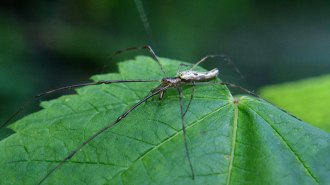 Animals
AnimalsHere’s how spiders that go overboard use light to find land
When elongate stilt spiders fall into water, they head for areas that don’t reflect light in the hope of finding dry land, experiments suggest.
-
 Math
MathHere are some astounding scientific firsts of 2023
Notable feats include discovering a planet-eating star, extracting RNA from an extinct animal and more.
-
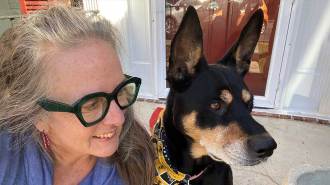 Animals
AnimalsHere are 5 questions about the mystery dog illness making news
Experts suspect a perfect storm of conditions, rather than a new bug, is what’s driving “atypical kennel cough” cases in dogs across the United States.
-
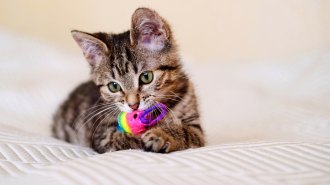 Animals
AnimalsWhen do cats play fetch? When they feel like it
Most cats that play fetch picked it up on their own, a study of cat owners suggests. The felines tend to dictate when a fetching session begins and ends.
By Meghan Rosen -
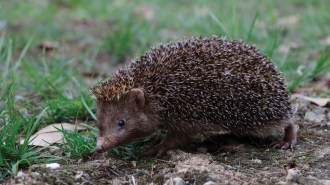 Animals
AnimalsA new species of hedgehog stands out for its short spikes
At first, the eastern forest hedgehog was mistaken for its cousin. Dental and DNA analyses eventually confirmed the critter is a species new to science.
-
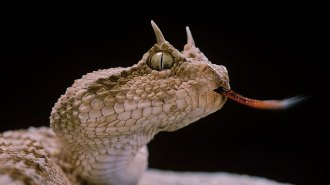 Animals
AnimalsWhy do some lizards and snakes have horns?
These reptiles’ horns can be an asset or a liability. A new study looks at the evolutionary roots of this wild headgear.
By Jake Buehler -
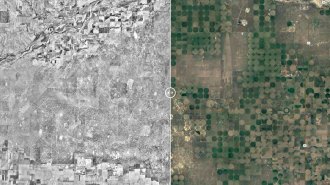 Environment
EnvironmentLandscape Explorer shows how much the American West has changed
The online tool stitches together historical images into a map that’s helping land managers make decisions about preservation and restoration.
-
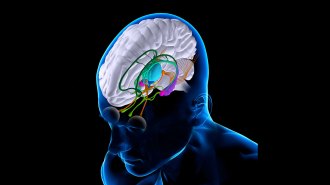 Neuroscience
NeuroscienceElectrical brain implants may help patients with severe brain injuries
After deep brain stimulation, five patients with severe brain injuries improved their scores on a test of cognitive function.
-
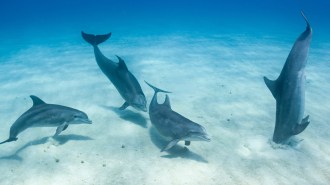 Animals
AnimalsFish beware: Bottlenosed dolphins may be able to pick up your heartbeat
Fish, sharks and platypuses are adept at sensing electrical signals living things give off. Bottlenosed dolphins make that list too, studies suggests.
-
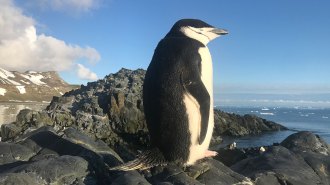 Animals
AnimalsThese nesting penguins nod off over 10,000 times a day, for seconds at a time
Micronaps net chinstrap penguins over 11 hours of sleep a day, offering some rest while staying vigilant against predators and competitors.
By Jake Buehler -
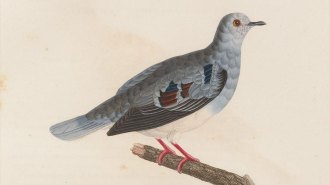 Animals
AnimalsThis bird hasn’t been seen in 38 years. Its song may help track it down
Using bioacoustics, South American scientists are eavesdropping on a forest in hopes of hearing the song of the long-missing purple-winged ground dove.
-
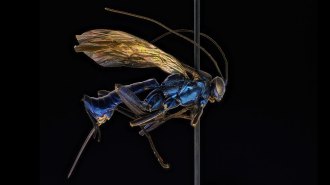 Animals
AnimalsOne mountain in Brazil is home to a surprising number of these parasitic wasps
Darwin wasps were thought to prefer temperate areas. But researchers scoured a mountain in the Brazilian tropics and found nearly a hundred species.